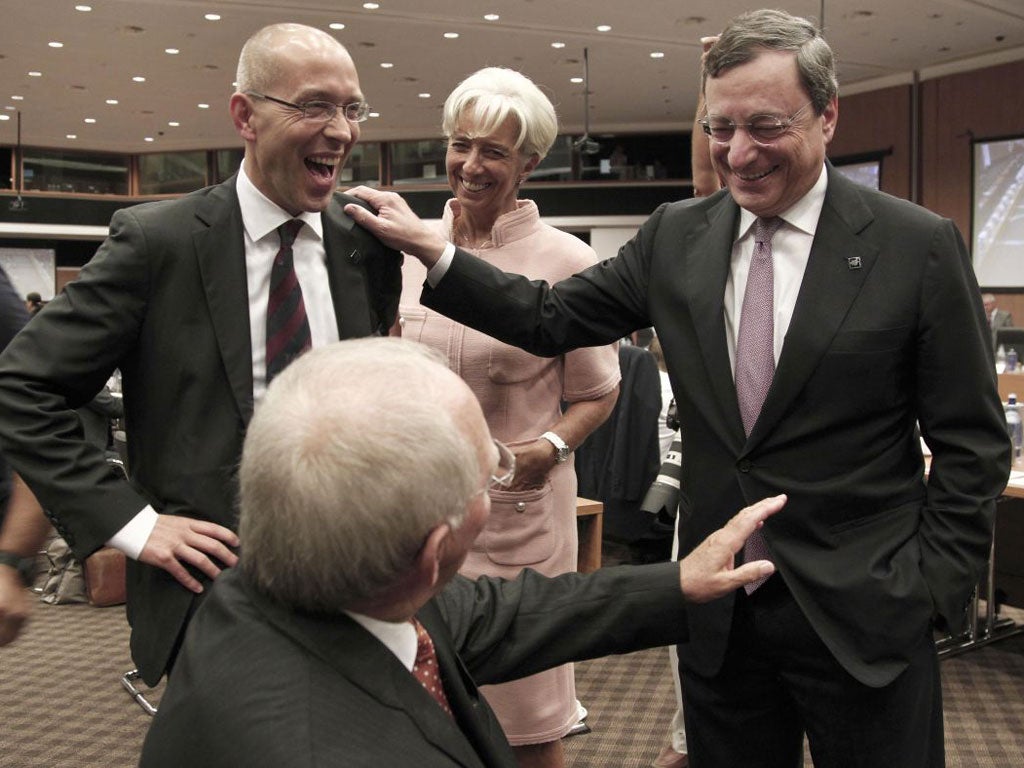Greek crisis: Who is the troika bailing out Greece?
Government-back institutions such as the International Monetary Fund and the European Commission are spearheading the bailout

Who is the troika?
The troika is a bit of business jargon used to describe the three international organisations that are lending money to Greece.
What organisations are included?
First, the European Commission, which represents the European Union and the 19 eurozone countries, which use the euro as their currency.
The European Commission is an executive arm of the EU. It does the day-to-day work of implementing EU policies and spending EU funds. But it must still answer to the member states of the EU.
Germany is the EU’s largest economy and is perceived to have the final say on the Greek bailout.
Who else?
Next up, the International Monetary Fund. The IMF was created at the end of the Second World War to regulate international trade. Since then it has often lent money to countries in trouble, such as Mexico in the eighties and Argentina in 2001.
The IMF has a lending capacity of $750 billion. It has set strict goals for the Greek bailout, but because it is only one of the lenders it only has so much power.
Is that it?
No – troika means a group of three. The European Central Bank is the third entity. It was created to target inflation, but it started to buy Greek bonds in 2010 bring borrowing rates down, which means it is now exposed to any eurozone default.
Why does Greece owe all its money to the troika?
The last time Greece was teetering on the edge of default was 2010, it owed money to lots of foreign banks.
If Greece defaulted, or failed to pay those debts, it would have dragged foreign banks in vulnerable countries down with it. Irish, Portuguese and Spanish economies were at stake.
This time, because government-back institutions such as the International Monetary Fund and the European Commission stepped into to stop Greece defaulting back then, Greece owes money to governments. Its debt is effectively isolated.
Despite this, Eurozone leaders don’t want to walk away from a deal. They want to prove that the Eurozone can work as a political, rather than an economic, experiment.
Join our commenting forum
Join thought-provoking conversations, follow other Independent readers and see their replies
Comments